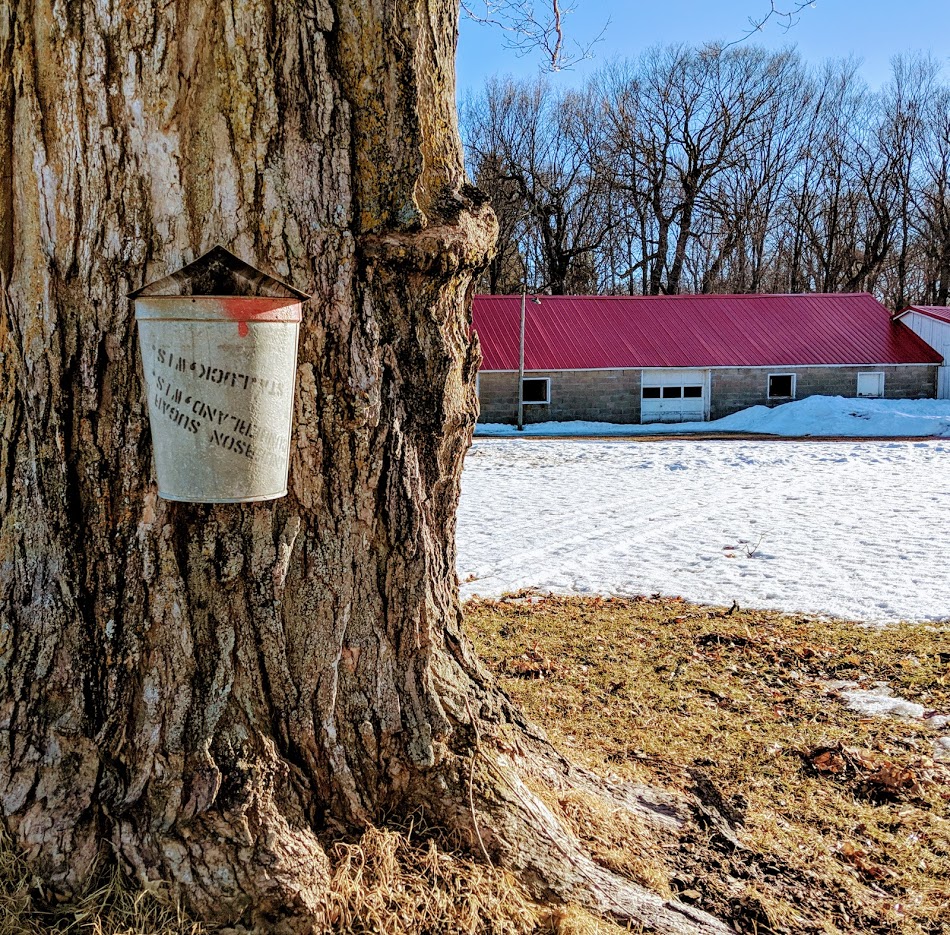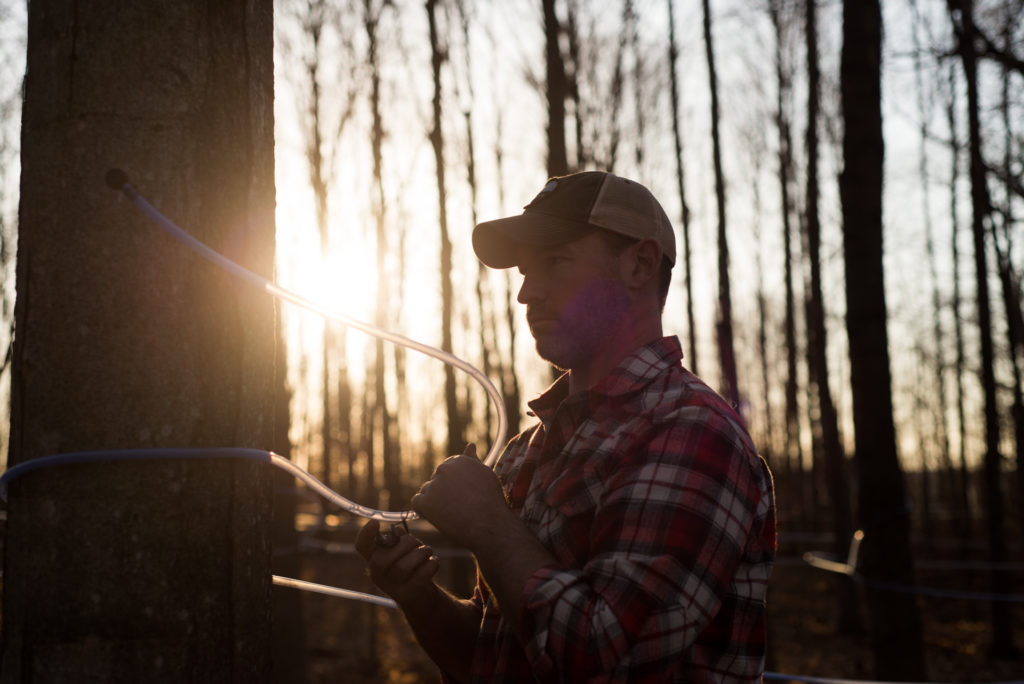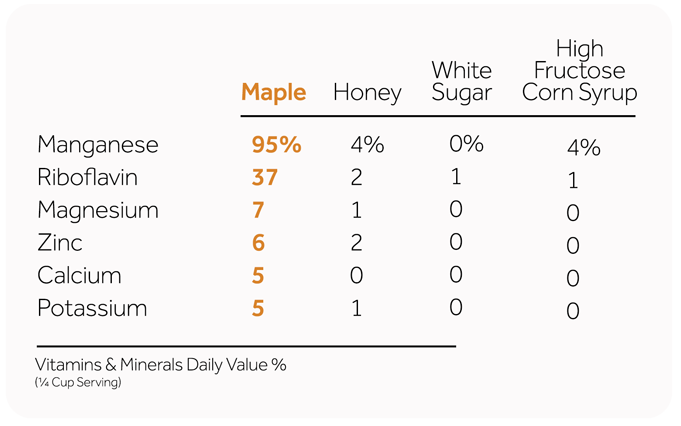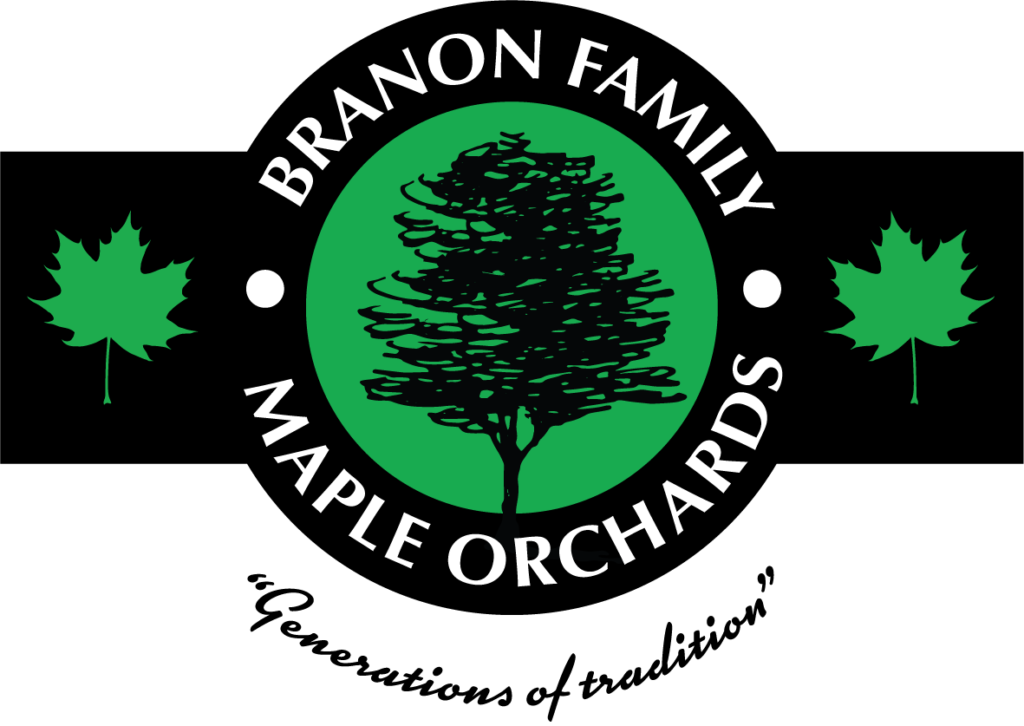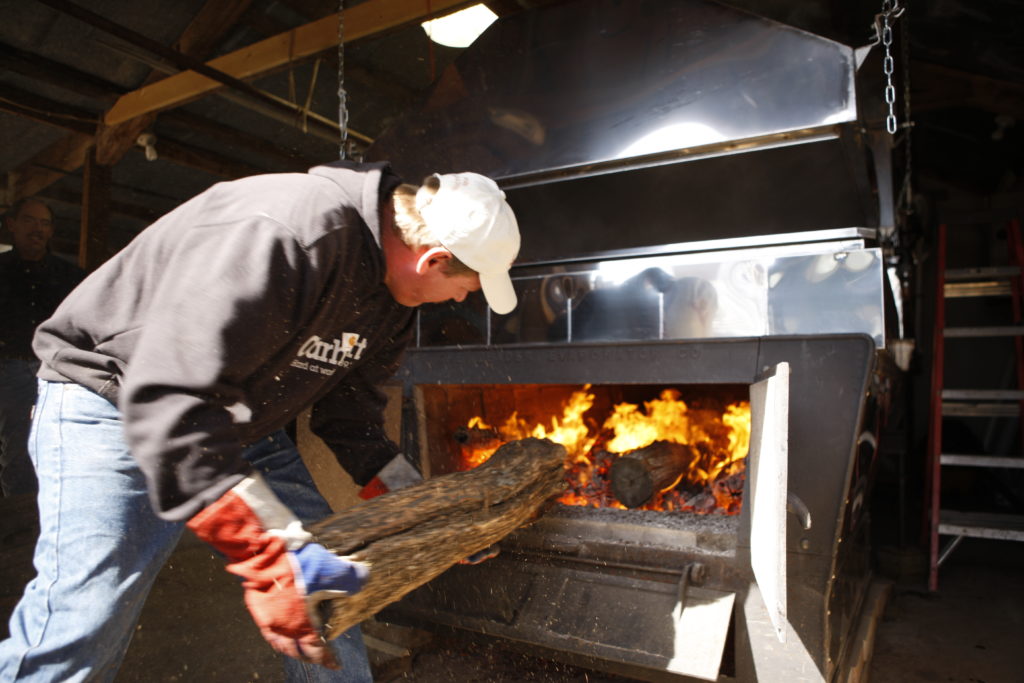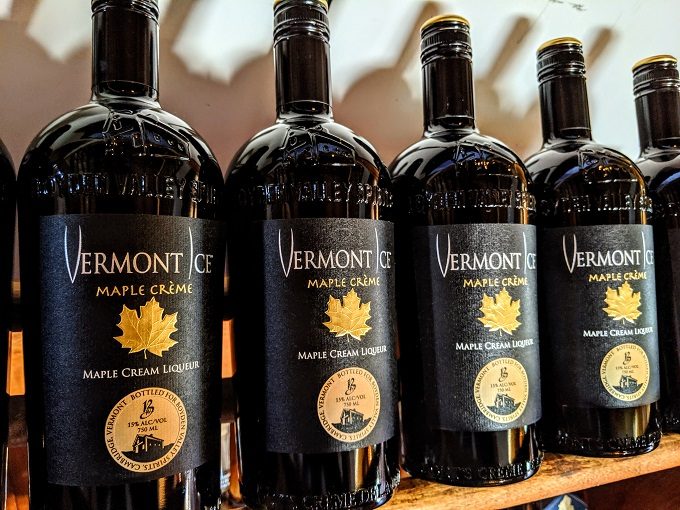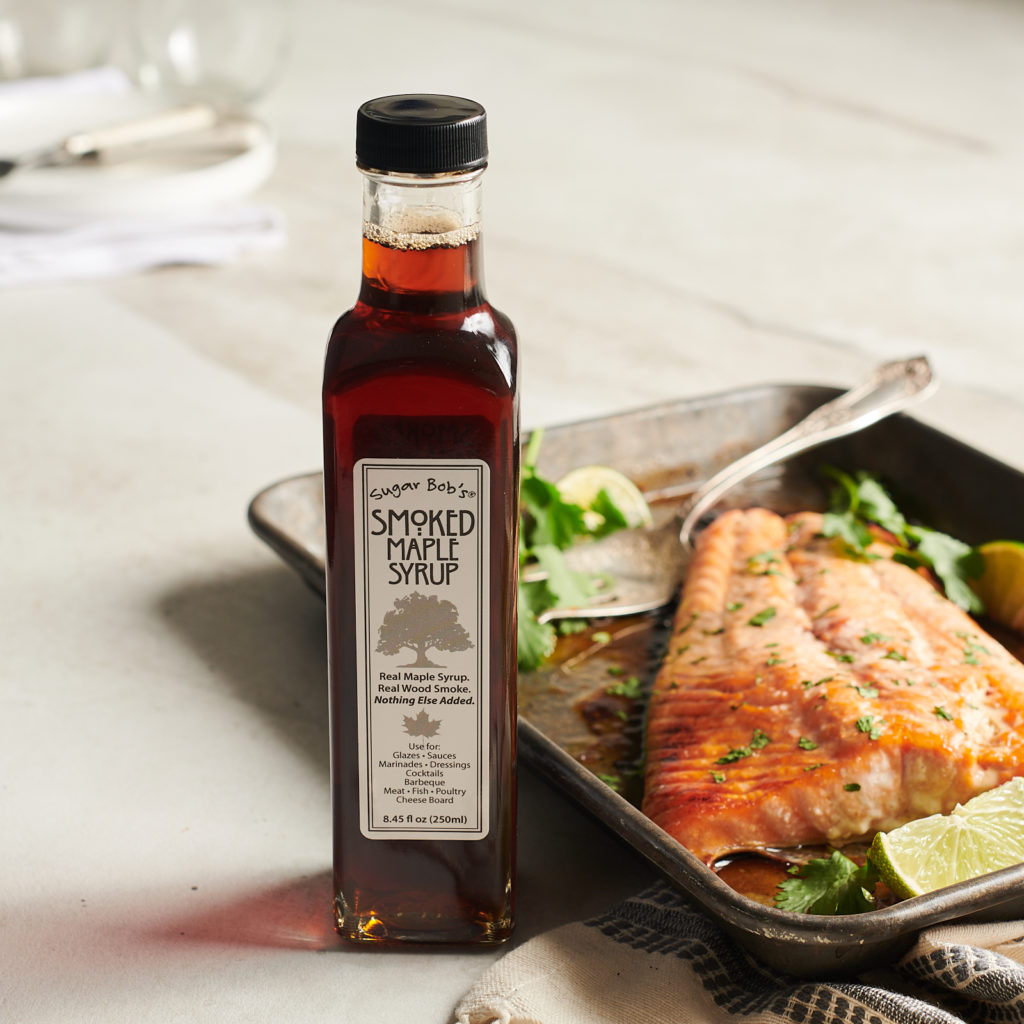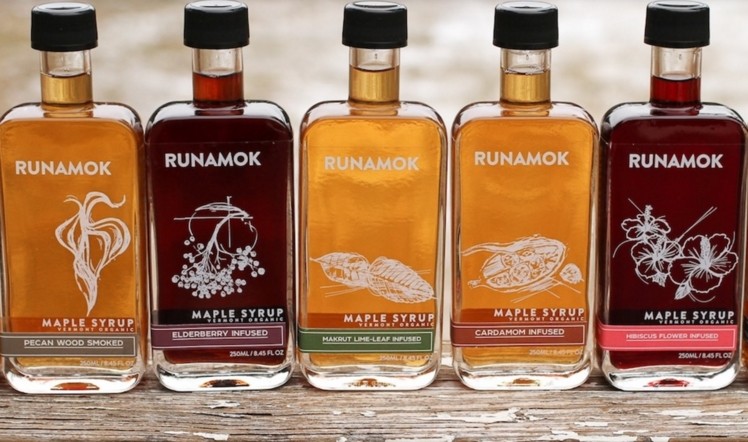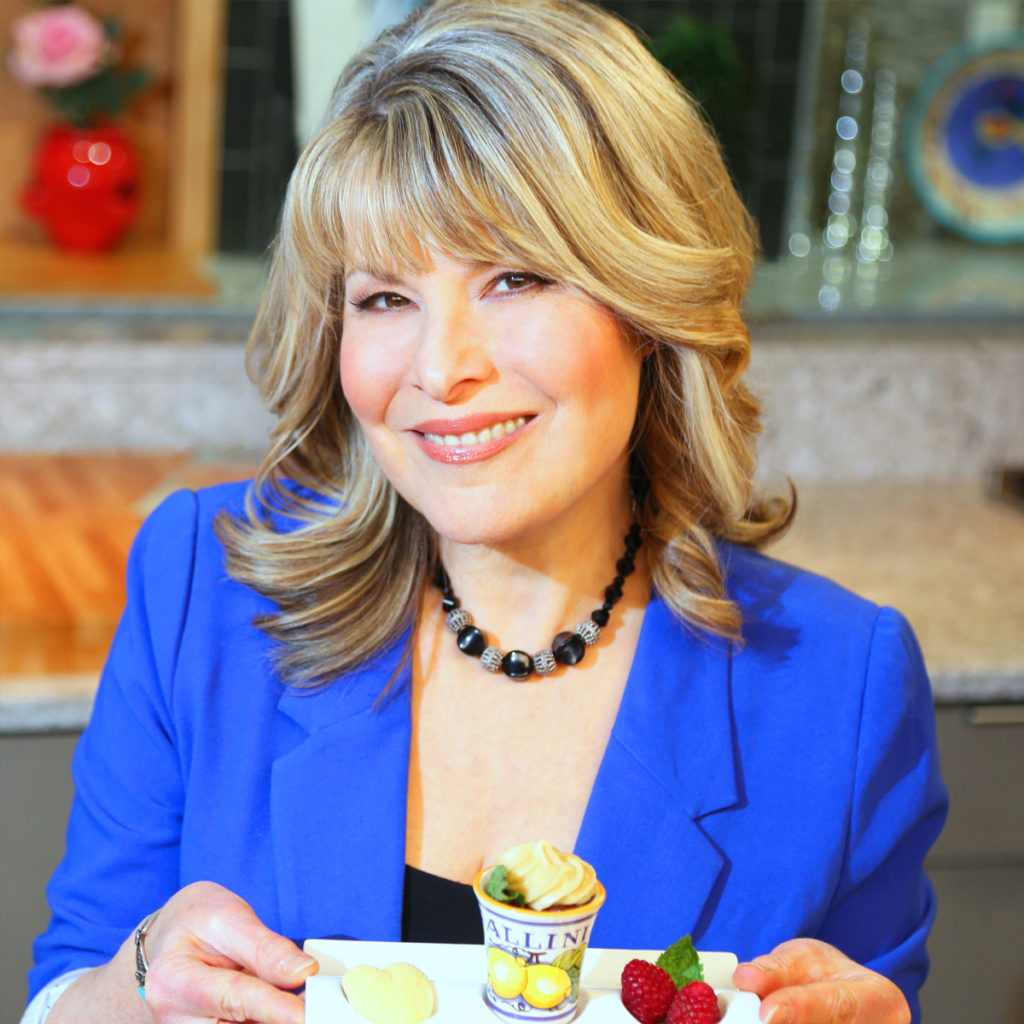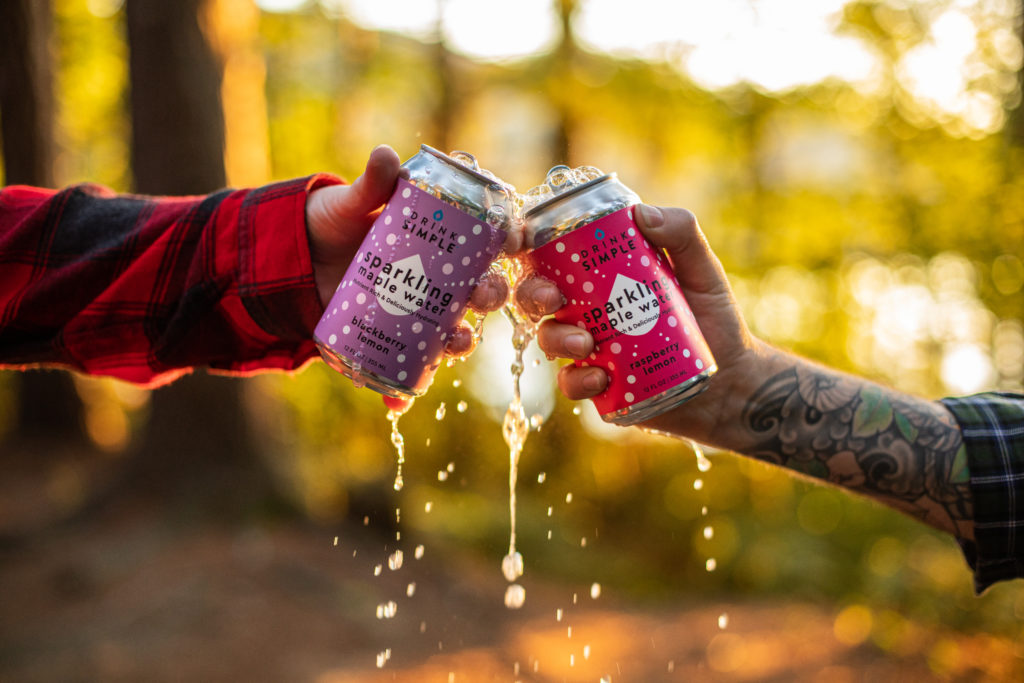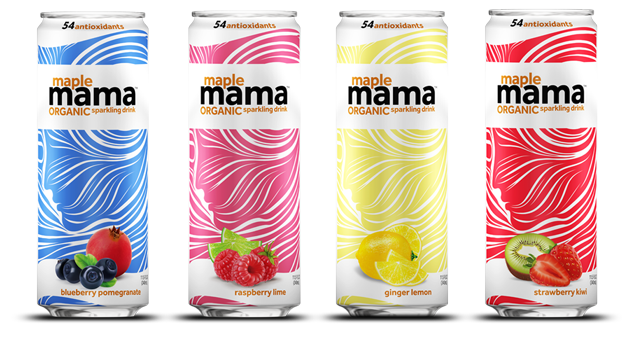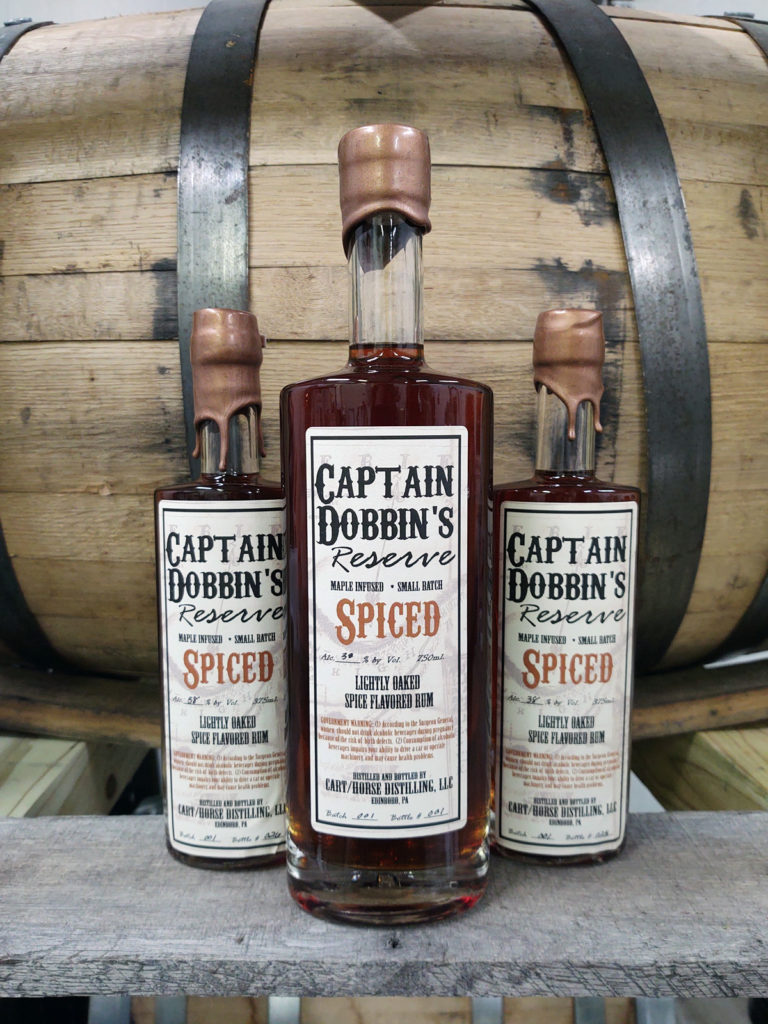From Indigenous Peoples to five-star hotels, maple is the sweetener of the moment
Each spring, hundreds of farmers put taps in thousands of trees and collect the magical elixir that is derived from their xylem- sap. This sap is then boiled down at a ratio of 40:1 and transformed into what has become one of the world’s favorite flavorings – maple syrup.
“Maple sugaring has been part of the spring tradition for centuries,” explains New York State Maple Producers’ Association Executive Director Helen Thomas, whose family has been producing maple products for over 200 years.
First made by the indigenous peoples of what is now eastern North America (talk about an “occupation”!), the practice was adopted (as was the case with so many others) by European settlers who “refined” production methods and eventually made it into an entire industry that, despite global climate changes and other challenges, appears to be expanding. Even though real maple syrup is only made in a relatively small part of the United States and Canada, many of the world’s finest restaurants are using more maple in their recipes than ever before!
“Pure maple syrup has become…one of those flavors that people just love to try new things with,” asserts third-generation maple man Steven Anderson of Anderson’s Pure Maple Syrup in Polk County, WI.
Unlike other sweeteners, sap offers many nutrients.
As it does not involve the intense cultivation, heavy pesticide and fertilizer use, soil degradation, and other ecological problems related to other popular sweeteners, such as corn, cane, and beet sugar, it is also better for the environment. According to Adam Wild, co-director of Cornell University’s maple syrup research center, maple sugaring encourages “healthy and intact native ecosystems where sap is harvested year after year from the same trees.” Maple forests also sequester carbon, provide diverse habitats for wildlife, filter water, stabilize soil, and provide land for recreation.
“Maple syrup is unique in this aspect,” Wild maintains, “with a flavor unlike anything else!”

Though the province of Quebec continues to lead the world in production, with 70 percent of the world’s output and exports alone reaching a value of over C$487 million (abouyt $US360 million), syrup is also produced in Maine, Massachusetts, Michigan, New Hampshire, New York, Pennsylvania, Vermont, and Wisconsin with the Green Mountain State leading the American way with an annual yield of over 2,000 gallons!
Even in VT, however, many family farms have been forced to close, as can be seen in The Sugarhouse Project, an online catalog of VT family sugarhouses that was recently launched by Dori Ross, the owner of Tonewood Maple (which itself was recently closed then the border was). In addition to tracking the demise of family farms, Ross has also tracked the impact of climate change and maintains that, over the past 50 years, nearly 20 tree-tapping days have been lost and that tappable trees south of the Canadian border may run out before the end of the century.
Another way to learn about the history of maple farming is at Hurry Hill Farm in Edinboro, PA, which not only offers annual tours (this year’s having been converted to a “drive-by” format so people could still participate) but also includesthe 1956 Newbery Medal awarded to Virginia Sorensen for her acclaimed children’s book, Miracles on Maple Hill, which, explains Farm owner Janet Woods, “is set in and around…Edinboro.
Though many appreciate maple’s history, others look forward to continued growth and diversification.
“The maple industry has grown,” observes Cecile Brannon of Branon Maple, whose 4,300-acre single-source organic family farm in Fairfield, VT, has been passed down through four generations, ”and the demand is getting better!”
According to Ian Ackerman of Ackerman Maple Farm in Washington County, VT, among the reasons maple’s growth are the realization that maple syrup is a natural sweetener that has health benefits, the movement to get back to what he calls “the roots of food,” the use of maple in everyday cooking, and the desire to are “shop small.”
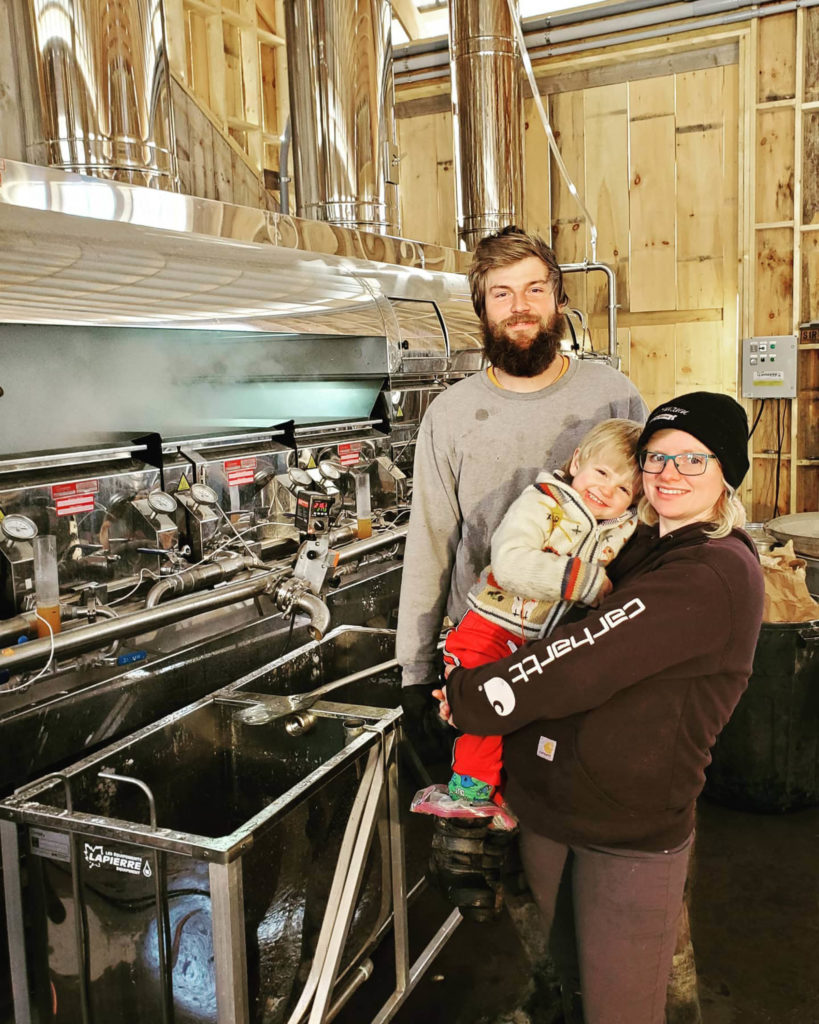
“[Shopping locally] saved a lot of businesses from going under,” he attests, citing his own farm as one that was saved, thanks to what he sees as a “maple community.”
While Anderson admits that family farms like his are still prevalent, he is amazed by how sap collection has changed. Many who once used buckets and horses now use webs of pressurized tubing and reverse osmosis to take sap from the trees to the evaporators.
“[They] are more efficient than I could have ever imagined,” Anderson muses, noting that some collections are run by apps!
Asmaple is now easier than ever to collect and process, many people with just a few trees are getting in on the sweet science.To fulfill this growing desire, Vermont Evaporator Company produces systems designed for home use.
“They let hobbyists with even a few…trees produce top-quality syrup,” explains Founder Kate Whelley McCabe, suggesting that home production can be a great family project, especially when everyone is stuck at home.
In addition to home sappers, McCabe and her husband have sold to inns, distilleries, schools, and other “tree-to-table” institutions.
“[They] use our products to make the…syrups that inform their hospitality and…dishes,” McCabe observes.
While industrial production has consolidated, resulting in what McCabe sees as “bigger outfits making more and more gallons per year,” she also observes, “a parallel trend” she calls “micro maple” that involves people making syrup on their own land for use in their own business
“This…revolution opens up new geographical markets,” she says, noting how it also allows other varieties of trees to be used, instead of just the famed Sugar Maple.
Among those who have expanded the menu is Michael Farrell,CEO of New Leaf Tree Syrups (which has sugarhouses in VT and NY). Citing the increase in home cooking as a “silver lining” of the pandemic, Farrell (who served as director of Cornell’s maple center for 13 years) still admits that the pandemic has been “tough for small producers who sell a lot of their syrup to people who normally come visit their sugarhouse.” However, he notes, “online sales and traditional retailers have seen a significant uptick in sales over the past year.”
When asked what makes his company different, Farrell explains that New Leaf focuses on what he calls “forest-based infusions” that use less traditional tree saps “to add unique, diverse flavors from our forest.”
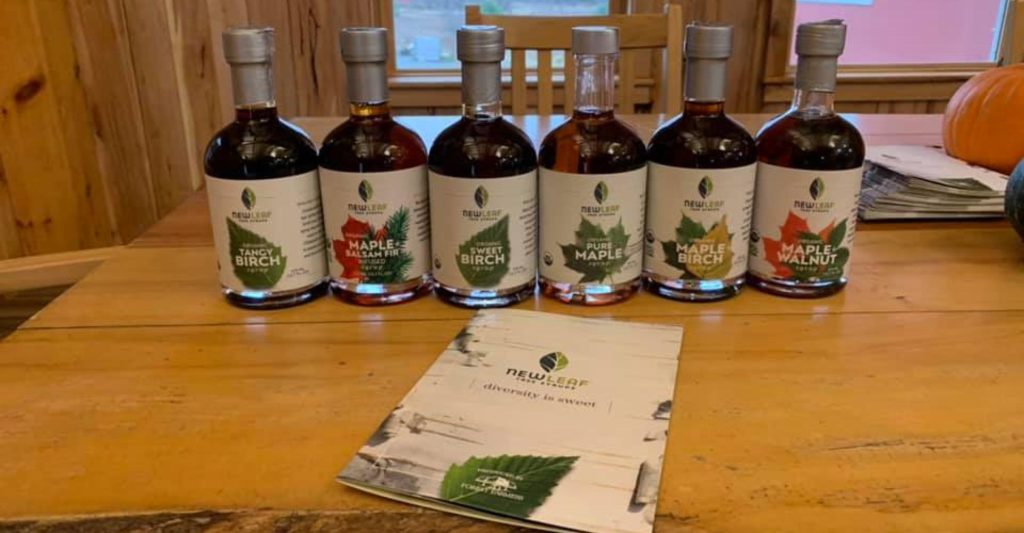
As many are not aware that syrup can come from other types of trees, Farrell’s products have become popular with home chefs and professional ones as well.
One of Farrell’s fans is Andrew Luzmore from Blue Hill at Stone Barns in Tarrytown, NY, who was initially intrigued by Farrell’s efforts to market “alternate” tree syrups and quickly became a believer.
“Through the restaurant’s menu,” Luzmore maintains, “we try to support and showcase the diversity of plants…needed to foster a resilient ecosystem.”
“The biggest thing that most people don’t get is that it is a natural sugar that is better for you than most other sugars and it goes great with almost any food,” Anderson says, “Using maple syrup to cook with is our number one point we want to get across.”
While most eat maple in its syrupy form, there are now more ways than ever to enjoy this sweet all-natural treat. Among these are maple sugars and maple creams that are used by people with allergies as alternatives to nut- and dairy-based products.
At Red Maple Eatery in Luck, WI (which is also the birthplace of Duncan yo-yos!), Bill and Kelly Anderson mix Anderson’s syrup into everything from cinnamon rolls to root beer to tartar sauce. They also offer complimentary syrup on “Maple Monday” and sell bottles of syrup so guests can enjoy it at home.
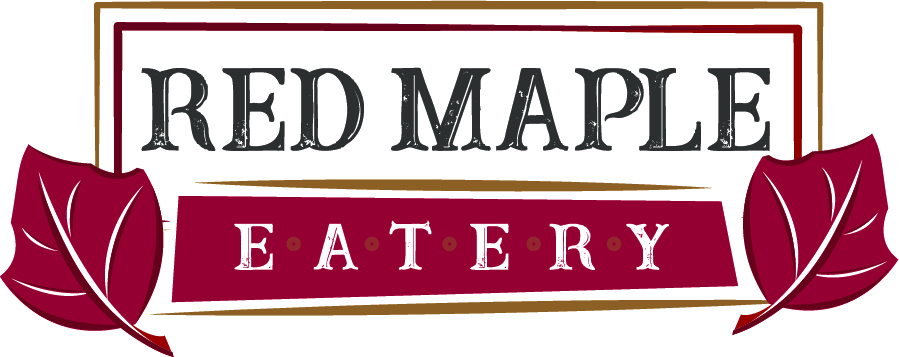
“In this area, Anderson’s Maple Syrup is a household name,” explains Kelly, who admits that her husband is related to the maple-making family, “[so] it was natural for us to add it to our menu.”
Another chef who uses syrups collected on his own property (and in his eponymous restaurant in Earlton, NY) is Damon Baehrel.
“A variety of tree saps from our property…have been a huge part of the foundation and development of my…cuisine,” Baerhel explains. In addition to Maples, Baerhel also taps Birch, Hickory and Sycamore trees, the harvesting of which he says, “literally changed my life…. It was truly overwhelming to discover the nearly endless…flavor, color, and texture possibilities of the other trees!”
In addition to using saps in sauces, Baerhel also cooks and brines with them, pairs saps with wines and other offerings, and freezes sap to use as flavorful and nutritious ice cubes.
“There are countless…ways I utilize tree saps,” he says.
Speaking of wines, the folks at Boyden Valley Winery & Spirits in Cambridge, VT, have actually sold their grapevines and are going all-in on maple.
“We have been producing wood-fired maple syrup for four generations,” explains Owner David Boyden, noting that, unlike others, his syrups are not homogenized.
Closing his tasting room in December of 2020, Boyden now focuses on his maple-based liqueurs, including Vermont Ice Maple Crème, Apple Crème, and Maple Bourbon Crème (all of which feature wood-fired syrup and other farm-based ingredients) leaving their famous mulled wine called Glögg as the only vestige of vines.
Having “grown out” of the farmers market space, 30-year maple maker Rob Hausslein of Sugar Bob’s Finest Kind in Londonderry, VT, now specializes in what he calls, “value-added maple products,” among which are smoked syrups and a maple-infused Sriracha sauce.
“Think barbecue” Hausslein suggests, “not breakfast.”
Another creative maple maker is the Branon’s Fairfield, VT, neighbor Runamok Maple who, according to Co-owner Laura Sorkin, “decided to distinguish ourselves by taking maple to new places with our line of smoked, barrel-aged, and infused maple.” They recently introduced a “Sparkle Syrup” (made with food-grade mica) and some limited-release infused syrups with spices from Burlap and Barrel.
Perhaps one of the best-known maple-loving chefs is Laura Theodore, creator and star of the popular PBS series The Jazzy Vegetarian, who recently partnered with Anderson’s as well!
“Since vegans do not eat honey,” Theodore explains, “ I use maple syrup in place of honey in any recipe that calls for a liquid sweetener.”
From baked goods and beverages to salad dressings, and sauces, Theodore turns to sap. And in all episodes of her ninth season, she turned to Anderson’s.
“It’s featured in about ten recipes this season,” Theodore says. “We plan to share some jazzy recipes from the season with Anderson’s and continue to spread the sweet word!”
While chefs and cooks are highlighting real maple syrup in everything from meat rubs to doughnut toppings, according to Jason Lilley, a sustainable agriculture professional at the University of Maine, “there are more partnerships related to value-added maple.” Applications of maple have even been developed in the medical field and the pet food industry!
Among the many manufacturers tapping maple in new ways is Kate Weiler of Drink Simple of Sudbury, MA, who uses the sap to make refreshing, rehydrating drinks.
As “dedicated triathletes,” Weiler and her partner, Jeff Rose, were “continually disappointed by drinks that were either loaded with sugar or faux-healthy sweeteners or devoid of taste.” When the dynamic duo came upon maple water, they were “transformed…and inspired” by something so energizing that was available literally right in their backyards. Weiler also notes that, while it offers natural hydration similar to coconut water, maple water has lower sugar, is more sustainable, and is also naturally full of antioxidants and prebiotics, all of which are increasingly popular among consumers
“It is also better tasting,” Weiler asserts, “[and] is imbued with a bit of Mother Nature’s magic to empower a healthy mind, body, and soul.”
For those for whom maple water may not be so tempting (even when mixed with natural fruit juices, as Drink Simple does), Weiler and Rose partnered with Athletic Brewing of Stratford, CT,to make non-alcoholic maple brown beer and with Loco Coffee of Holliston, MA, to make maple-infused cold brew. They also collaborate with many restaurants that use their products in everything from cocktails and coffee to oatmeal, wellness shots, and more.
Athletic’s Head Brewer John Walker cites “similar interests in an active and healthy lifestyle, shared values and passion for high-quality…natural ingredients” as the reasons he collaborated with Drink Simple.
Loco Co-Founder Dan Bresciani cited geographical and philosophical similarities as great reasons to partner, as both companies are in MA and both want to make drinks that taste good and are good for people.
“Maple Water was a perfect match for us,” Breciani suggests, “as we are trying to make coffee taste great and be better for you without all the added sugar.”
Another maple-based beverage is MapleMama in Wendell, MA. When asked why he used maple, Founder Joe Laur explained that, like Bresciani, he wanted to create a new beverage that would satisfy sweet teeth without ruining them.
“When we…learned how to tap the maple trees in our backyard, our love affair with Mother Earth’s own sweetener began,” Laur explains, “but when our kids got older and started asking for soda pop—that’s when we discovered the real magic of maple!”
While Drink Simple and Maple Mama are available (and popular) all over, many independent makers are also in love with the sappy stuff.
As might be expected (as it is located in the heart of maple country), one of the venues that use maple in many recipes is the Ritz-Carlton in Montreal.
“We like to work with Quebec’s artisans and local products in general” explains Communication Manager Francois Parmentier, noting maple is even used in Maison Boulud, “so working with maple is just consistent with our values.”
In partnership with Chef Riccardo Bertolino (who has worked with Daniel Boulud in many of his restaurants around the world), Philippe Charest-Beaudry- co-presidentof Les Douceurs de l’érable Brien in Sainte-Anne-de-la-Rochelle, Quebec – uses maple fordry rubs, jelly, popcorn, and soft candies.
“The attributes of maple make it a perfect product to get used more in…everyday cooking,” Charest-Beaudry says, citing such reasons as its unrefined nature, eco-friendly production process, and the facts that maple is vegan (unlike honey) and contains more nutrients than any other sweetener.
While many mixologists use maple as an ingredient, some adult beverage producers are incorporating it in their products,
Boston Harbor Distillery has been partnering with the Ackermans since before they officially opened.
”Arelationship ensued over quality maple syrup and spirits that we had yet to make,” explains Founder Rhonda Kallman.,noting that she uses Ackerman’s syrup instead of sugar. “We’ve grown together ever since and have a long way to go together! “
Edinboro’s Cart/Horse Distilling makes maple rum and offers used barrels to area maple makers like Shumake’s Sugar Shack to help them give a bit of added flavor to their maple products.
“We love using natural and local products in our spirits,” explains owner Jessica Lemmon, “so it was a natural…to experiment with how we could wrap in our flavors with other local delicacies.”
As many customers are aware of the maple industry in the area, Lemmon suggests “[folks] love it when we do crossover product,” and suggests that the collaborations have made for “a great sense of community!”
While production may vary according to climate and other elements, the demand for and diversity of uses of maple continue to grow and what was once a small family farm concern is now an international industry.
“Our industry has seen a huge influx of interest and even new competition,” Anderson observes, “but in the end, it will make our industry strong…because everything tastes better with pure maple syrup!”

